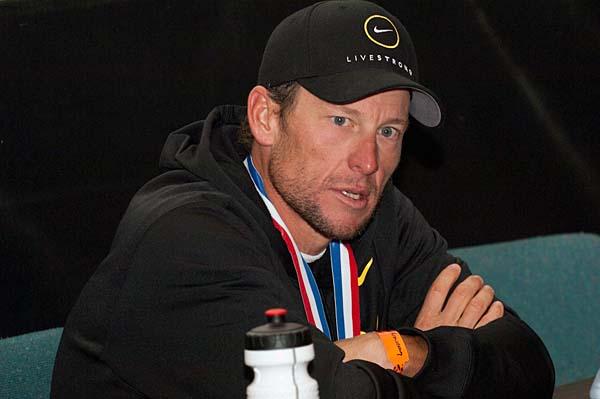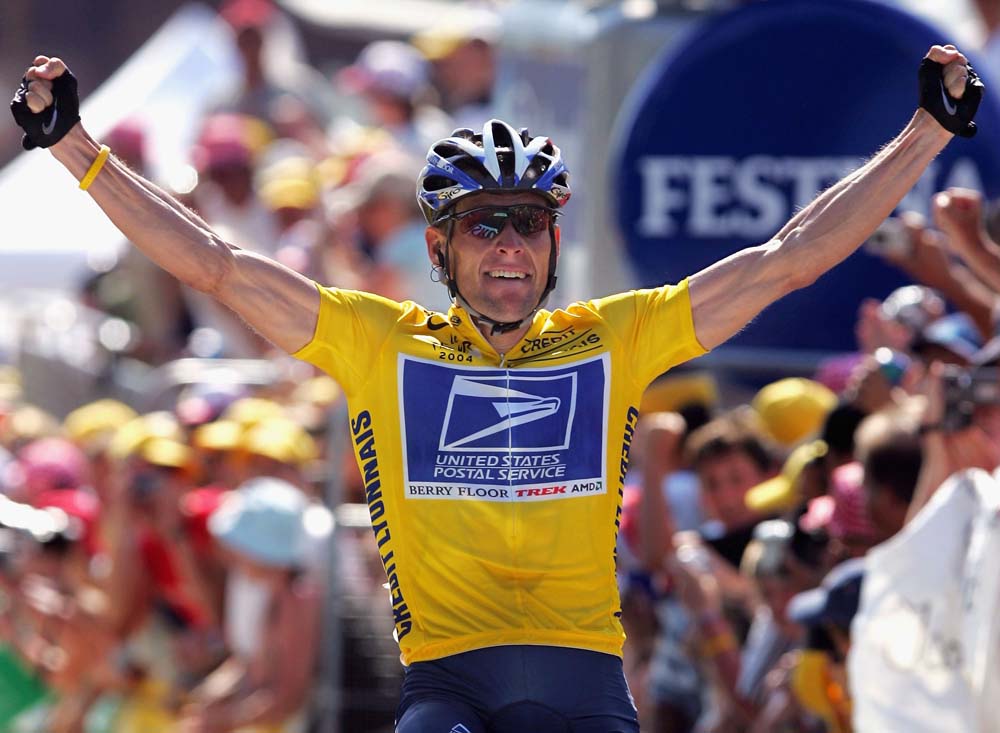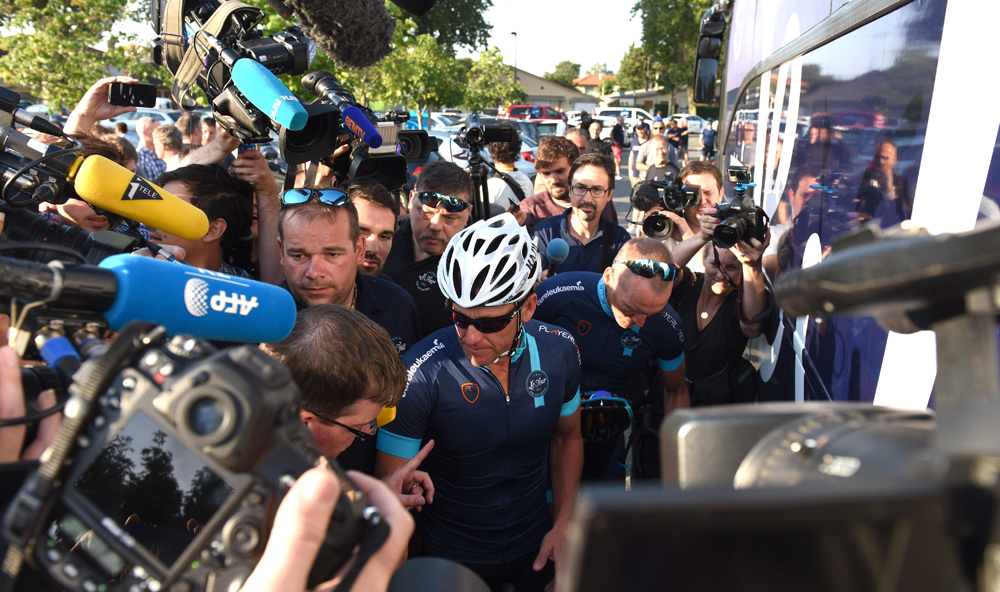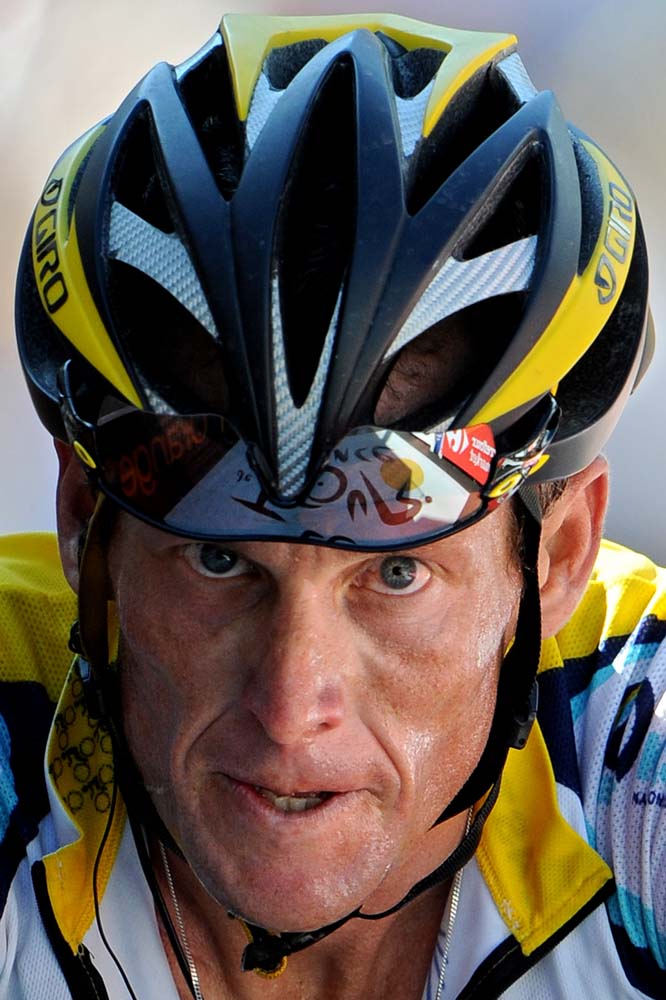Lance Armstrong's competition ban partially lifted
Texan can once again compete in certain non-cycling Olympic sport events





Lance Armstrong's ban from competing in all Olympic sports has been partially lifted in accordance with the punishment handed down by the US Anti-Doping Agency in 2012.
As of August 24, Armstrong is free to "compete in a sanctioned event at a national or regional level in a sport other than cycling that does not qualify him… to compete in a national championship or international event," USADA spokesman Ryan Madden said in a response to an inquiry from USA Today Sports, as reported by the newspaper on Wednesday.
Armstrong, who was stripped of seven Tour de France victories by USADA in 2012 after the agency's investigation into doping throughout his career, told the newspaper it will not likely matter because his competition days are behind him.
"I am now 45 years old and just exercise these days for general fitness and for my sanity," he told the newspaper.
However, Armstrong also told USA Today that he's on the verge of starting a new venture that will offer events he could theoretically compete in, saying he'd "likely jump into some of these (bringing up the rear) as time goes on."
USADA's ruling in 2012 prohibited Armstrong from competing in any sports that were signatories to the World Anti Doping Agency code, including several swimming events, triathlons and marathons in which he had hoped to compete.
Although he's still prohibited from competing in sanctioned cycling events, Armstrong told USA Today that he believes he is now eligible to compete in "80 percent of the events out there."
Get The Leadout Newsletter
The latest race content, interviews, features, reviews and expert buying guides, direct to your inbox!
Armstrong is currently the defendant in a lawsuit brought by former teammate Floyd Landis, and then joined by the federal government, that alleges Armstrong defrauded the government by doping during the time the US Postal Service acted as title sponsor for his team. Should they win, the damages owed would be three times the amount of the fraud, or $100 million. A US District judge is expected soon to make a ruling on whether the case should go to trial or be dismissed.